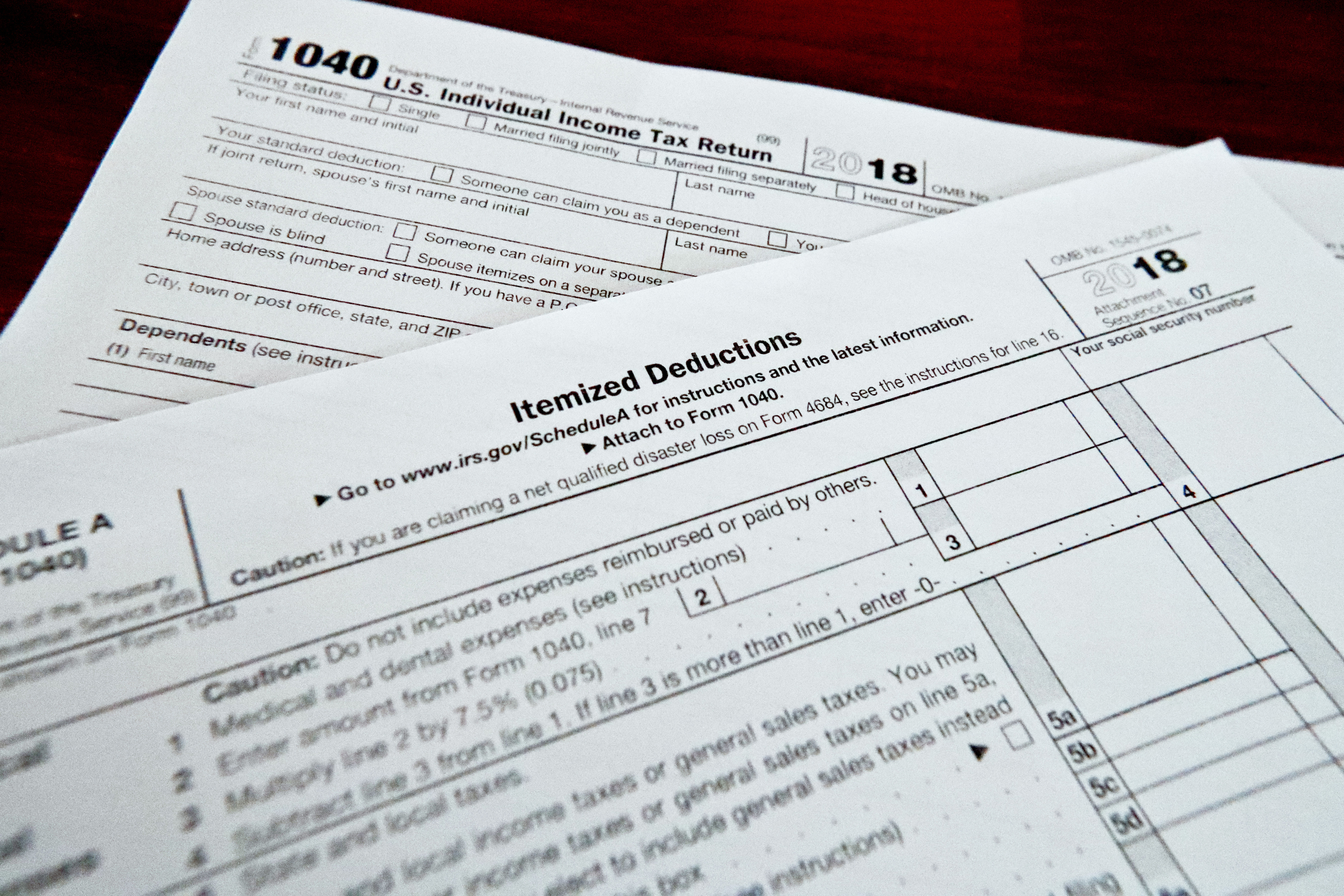
Associated Press
By KIMBERLY PALMER of NerdWallet
Losing income is never easy, but it’s become increasingly common over the last year and a half: According to the Pew Research Center, 44 percent of U.S. adults say their household has experienced either job loss (including temporarily) or a pay cut since the beginning of the pandemic, with Hispanic and Asian adults most likely to say so.
That creates an incredible strain as people scramble to cover basic expenses like food and housing as well as monthly bills and everyday expenses, even if the reduction in income is temporary. Having a sense of your budget and avoiding procrastination is the key to doing well post-pay cut, says certified financial planner Manisha Thakor, founder of MoneyZen, a financial educational consultancy in Portland, Oregon.
She says your odds of surviving and perhaps thriving go up exponentially “if you know your expenses beforehand, immediately acknowledge something bad has happened and you need to adjust them — and open your mind to the notion that it’s really likely that by downsizing, you could actually end up having a richer life.”
ACKNOWLEDGE THE EMOTIONS
“It’s OK to admit that it’s a crappy situation and you are going through it. I think a lot of people don’t give themselves that grace,” says Athena Valentine Lent, founder of the Money Smart Latina website.
There can be grief involved in losing income as you mourn your previous lifestyle, says Daisy Luther , founder of The Frugalite website. “I grew up in a well-to-do-family and never heard, ‘We can’t afford that,’ and then got divorced and I had to accept that my life had changed,” she says. She could no longer go out to pizza with her kids every Friday night, for example. Gym memberships and nail salon visits were out, too. She suggests giving yourself a set amount of time to feel sad and then start focusing on how you are going to move on.
AUDIT YOUR SPENDING
If you review all of your spending, Thakor says, then you can get tactical about which items to cut: “Anything you’re spending money on that doesn’t bring you joy, like cable bills, activities for kids, things that have crept into your life about ‘who looks the best?’ — just step out of that competition,” Thakor advises.
Lent adds that you can make trade-offs: “I might need the Internet but not cable. I need a phone, but not that extra stuff on the phone plan. I need groceries, but I don’t need to eat out. I don’t need Netflix, I can go to the library. Anything you don’t need to spend on, don’t spend it,” she says.
ZERO IN ON FOOD
Food is a major spending category for a lot of people, and it’s a prime target for cuts, says Valerie Rind , author of “Gold Diggers and Deadbeat Dads: True Stories of Friends, Family, and Financial Ruin ,” who experienced a major income drop when she changed careers about 16 years ago. “I cut back on eating out, even though I like it and I’m not much of a cook,” she says. She also changed the way she shopped for groceries, bypassing the $4 orange juice and using a crock pot for more meals, which also generated leftovers for the freezer.
Recently, she has gotten inspiration for meals from TikTok chefs, who break down recipes in short video segments. “It makes things easy and simple,” she says, adding that her favorite chef is @thatdudecancook.
ADJUST YOUR EXPECTATIONS
Thakor suggests asking yourself if you could get by with less, such as whether you can trade in for more economical vehicles or consider having only one car. “People are driving more expensive cars than they can comfortably afford. Look at pre-owned certified cars,” she suggests. It’s easier to handle income loss, even a temporary one, without a large car payment each month.
RELISH THE CHALLENGE OF BEING FRUGAL
Luther suggests treating frugality like a game. When it comes to food, home decor or an accessory, she suggests asking yourself if you can make it for less than the cost of purchasing it.
“It really can be a lot of fun,” she says. She enjoys growing tomatoes and lettuce to make her own salads, which she estimates saves at least $10 a week.
SAVE UP FOR NEXT TIME
If you’ve had to deplete your emergency fund or don’t have one, consider deepening your cuts to allow savings that will cushion you in the next financial crisis. Thakor suggests a $2,000 emergency fund goal and then continuing to build — but even $500 can protect you from financial shocks.
“If you know you will be in a cash deficit in a few months, start stacking cash,” Lent says. Look for ways to make extra money , for example — perhaps ride-sharing, freelance work or selling items you no longer need, she adds.



















